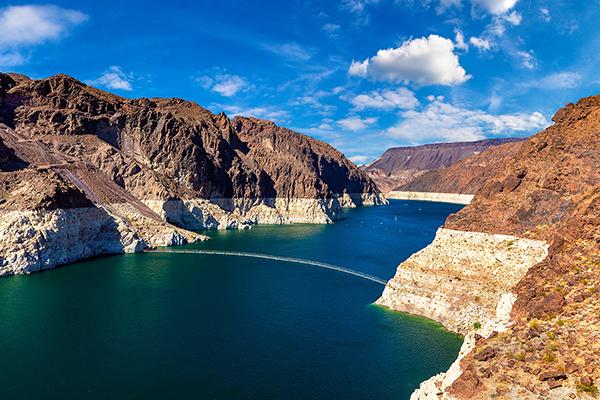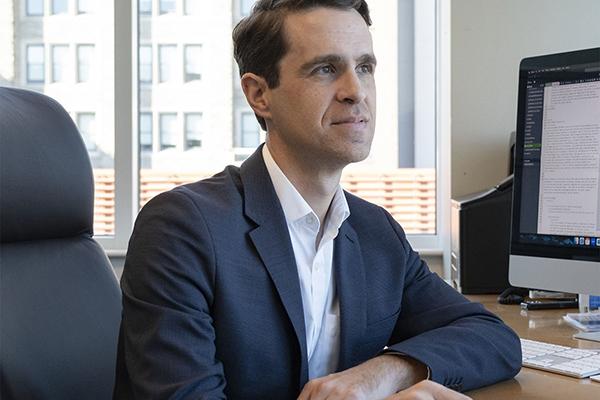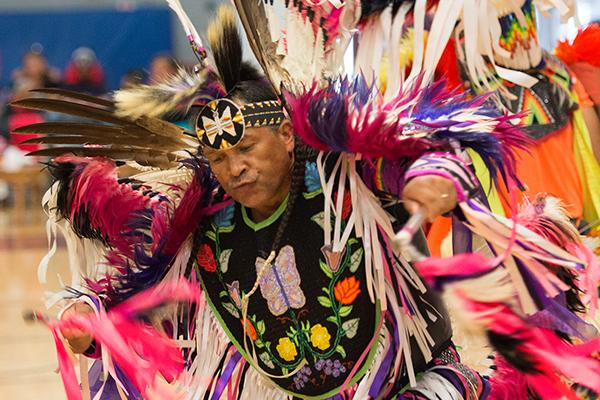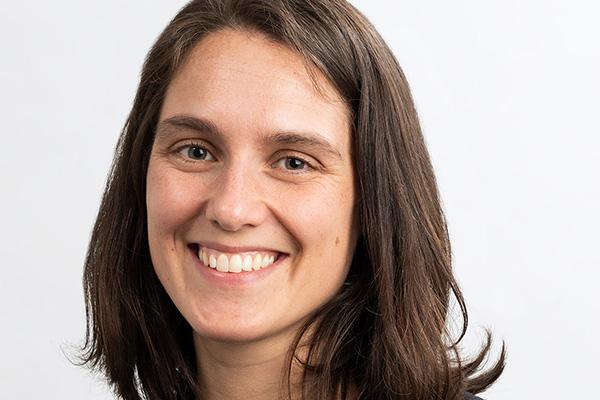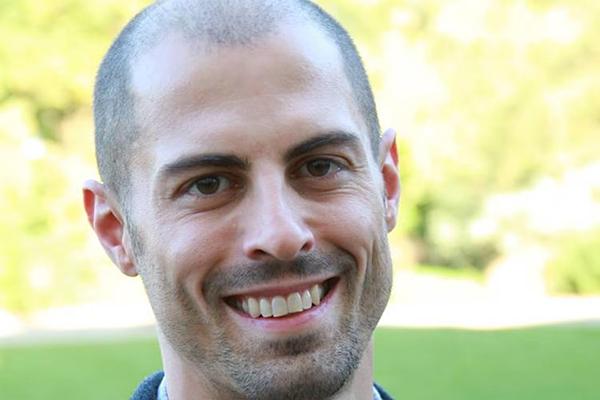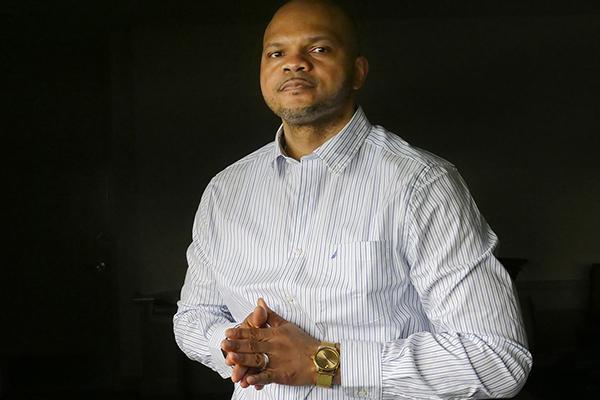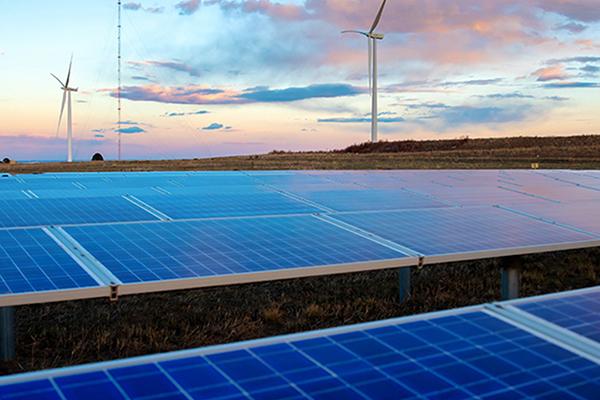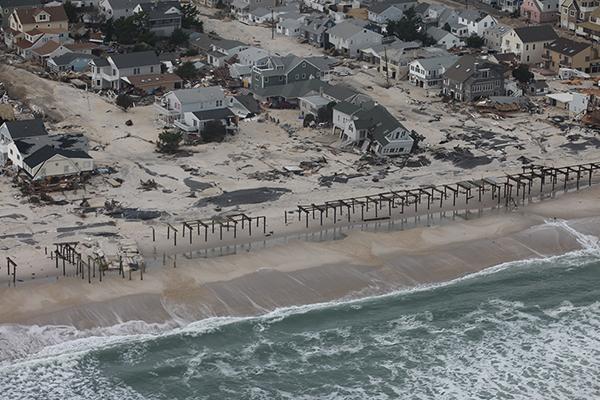Key agreements in the “Law of the River,” which encompasses more than 100 years of regulations, laws, court decisions and more focused on managing the Colorado River, are set to expire next year. First established in 1922 as the Colorado River Compact, the guidelines split water management and allocation among seven states. Now, those states — Arizona, California, Colorado, Nevada, New Mexico, Utah and Wyoming — are renegotiating the terms of use for the water. Drought, increased temperatures and decreased snowpack in the Rocky Mountains are complicating the matter, according to Antonia Hadjimichael, assistant professor of geosciences at Penn State.
Benjamin Collier, associate professor and Tuttleman Research Fellow in the Fox School of Business at Temple University, will give the talk, “Credit When You Need It: Recovering from Severe Climate Events,” at noon on Wednesday, March 26, in 157 Hosler Building on the University Park campus.
The 19th annual Penn State Traditional American Indian Powwow, a family friendly event that offers free admission, will be conducted March 29-30 at C3 Sports Complex, located at 200 Ellis Place in State College.
A special, hour-long preview of the Penn State Powwow featuring a Native American storyteller and free pawpaw-flavored ice cream from the Berkey Creamery will be held March 27 inside the Bellisario Media Center on the University Park campus.
Graduate students at Penn State will put their communication skills to the test in the final round of the University’s second annual Three Minute Thesis (3MT) competition. The event, hosted by the J. Jeffrey and Ann Marie Fox Graduate School, is set for 3 p.m. on Saturday, March 29, and will be livestreamed from the Nittany Lion Inn. The competition is free and open to the public, but advance registration is required for both in-person and virtual attendance.
The Penn State Department of Geography will host Sophie Webber, senior lecturer and Australian Research Council DECRA Research Fellow in Geography at the University of Sydney, as part of its spring 2025 Coffee Hour lecture series. Webber’s talk, "Climate Finance: Taking a Position on Climate Futures," will examine how climate change is increasingly understood and addressed through financial mechanisms.
Ryan Lewis, assistant professor of finance in the Leeds School of Business at the University of Colorado at Boulder, will give the talk, “The Value of Climate Hedge Assets: Evidence from Australian Water Markets,” at noon on Wednesday, March 19, in 157 Hosler Building on the University Park campus.
Kevin Richardson, one of the wrongfully convicted and since-exonerated members of the “Central Park Five,” will participate in this year’s Osaze Osagie Memorial Lecture taking place at 6 p.m. on Tuesday March 25, in the HUB-Robeson Center’s Alumni Hall (Room 121). The event, which will also be streamed via Zoom, is free and open to the public; however, advance registration is required.
Moving from fossil fuels to renewable energy sources like wind and solar will require better ways to store energy for use when the sun is not shining or the wind is not blowing. A new study by researchers at Penn State found that taking advantage of natural geothermal heat in depleted oil and gas wells can improve the efficiency of one proposed energy storage solution: compressed-air energy storage (CAES).
Faced with more extreme weather events, communities may need to adapt to heightened risks from sea-level rise, flooding or wildfires. And while scientific research can help inform adaptations, the process requires an alignment of academic resources and real-world needs and partnerships that can be challenging for scientists to navigate.


